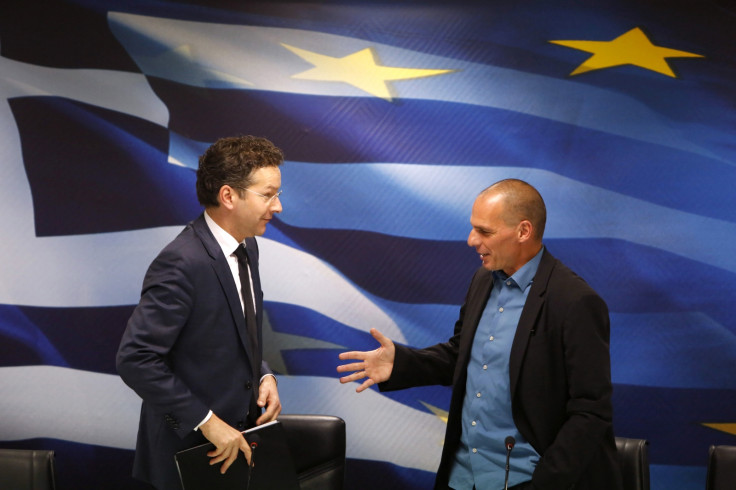Greece crisis: No breakthrough in Eurozone talks despite 'reasonable' proposal from Tsipras

Eurozone finance ministers ended talks without a deal between Greece and its creditors, although a new proposal, submitted by the Greek government on 22 June, has been received with optimism.
Greece has agreed to raise the retirement age to 67 and said it will raise VAT to 23% in an offer aimed at pleasing the country's creditors.
When asked if there was anything specifically missing from the Greek proposal, Eurogroup president Jeroen Dijsselbloem said in a conference: "First, general opinion of the institution was that it is broad and comprehensive, but they really need to look at the specifics to see whether it adds up in fiscal terms and whether the reforms are... enough for the economic recovery to take off."
Dijsselbloem said the proposal was good enough to really restart talks and to form a foundation for the new terms of cash for reforms.
A Eurogroup official told Reuters on 22 June that the proposal is the first in the talks so far on which both parties can build and have a discussion. He added: "I cannot predict it will lead to an agreement tonight, but it is what was expected in form and in substance from such a paper."
European Commission vice-president Valdis Dombrovskis tweeted:
#Greece proposals a welcome step but more work together with institutions needed. @EG to reconvene this week. We need a deal in coming days.
— Valdis Dombrovskis (@VDombrovskis) June 22, 2015
Almost €4.2bn (£3bn, $4.8bn) has been withdrawn from Greek banks over the past week, which caused the European Central Bank to extend its emergency liquidity assistance to Greece.
Greek citizens have taken to the streets in massive protests against austerity but Greek Prime Minister Alexis Tsipras proposed limited austerity measures in return for extended repayment deadlines and financial aid from the country's creditors.
Although the new proposals sparked optimism, not all finance ministers remained positive. German Finance Minister Wolfgang Schaeuble said the proposal did not add anything new.
He said in a press conference: "There is nothing new beyond many trying to create expectations which are not supported by substance. Without substantial proposals which can be examined seriously, we can't seriously prepare a euro summit."
On 30 June, Greece has to repay €1.6bn in debt to the International Monetary Fund, an instalment which has already been extended.
© Copyright IBTimes 2025. All rights reserved.






















